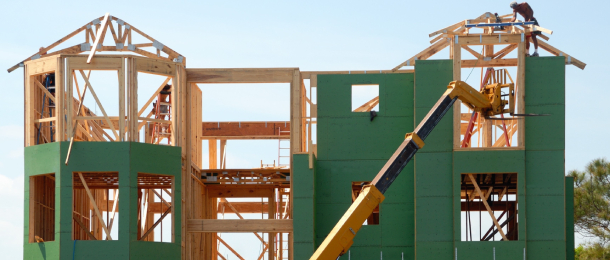Improvements to property investments within an SMSF is the most likely place where breaches of the non-arm’s-length expenditure (NALE) provisions are going to take place due to trustees being unaware of when they should not act, according to an SMSF expert.
SuperGuardian education manager Tim Miller said while the acquisition of property by an SMSF had been addressed by rules relating to related-party purchases and limited recourse borrowing arrangements, improvements to property fell deep inside the non-arm’s-length income (NALI) and NALE provisions.
“There are a lot of handy people in Australia who acquire property inside an SMSF and want to undertake improvements because there are plenty of reality shows that show these improvements or they have some subset of skills to be able to do improvements or do repairs on the property,” Miller said during a webinar today.
“But by undertaking that work they are really putting themselves at risk based on the significant value or the associated costs of entry into those transactions.
“For me, this whole arm’s-length consideration is likely to bite more SMSF property investors than will the concept of general fund expenses and a nexus to the income of the fund.”
He said while the ATO has indicated key concerns around NALE relate to the acquisition of assets from related parties and sidestepping contribution caps, it would be the capacity of a trustee to conduct improvements that would be an issue in many cases.
“The key issue, when we are dealing with repairs and maintenance, is are you actually qualified to do it and do you provide those services to the general public? If so, then your fund should be paying you the same commercial rate to undertake that work,” he said.
“You may have NALE issues and that’s going to be problematic because if those expenditure issues are of a capital nature – and improvements are always going to be of a capital nature in the SMSF space – then you are not only potentially tarnishing the rent every year, but the end gain as well.
“If the long-term plan was to sell the asset once you went into pension, you can forget that strategy because that one transaction or that one improvement that you have done, and have not actually paid for, could result in the entire capital gain of the asset being treated as NALI and that is massively problematic.
“That is the crux of any conversation we should have with clients around property investments, particularly around the do-it-yourself nature of people, asking should you be undertaking work yourself, should you be engaging others, f you are helping out, is it minor or significant work you’re doing, and really getting to the bottom of that from a transaction point of view.”




